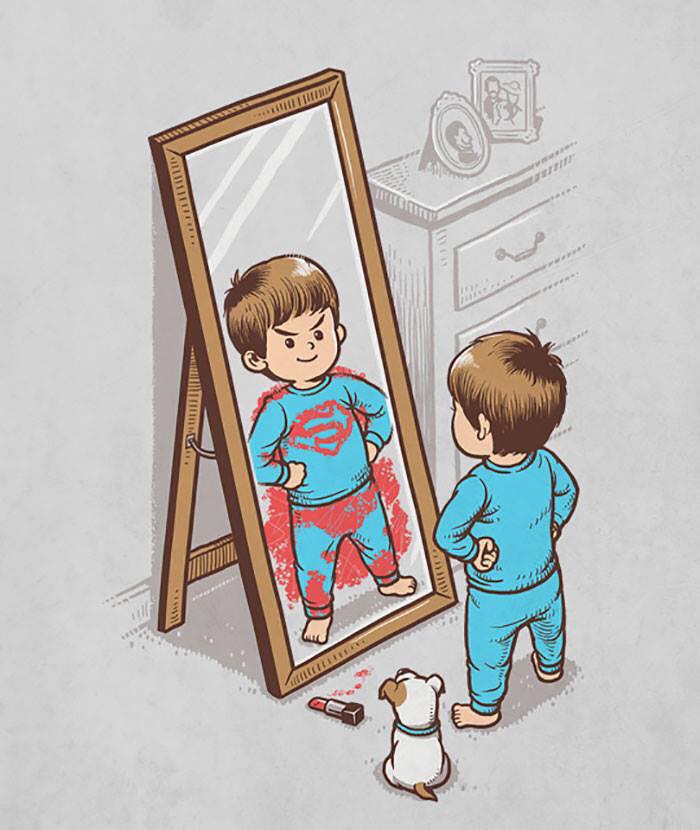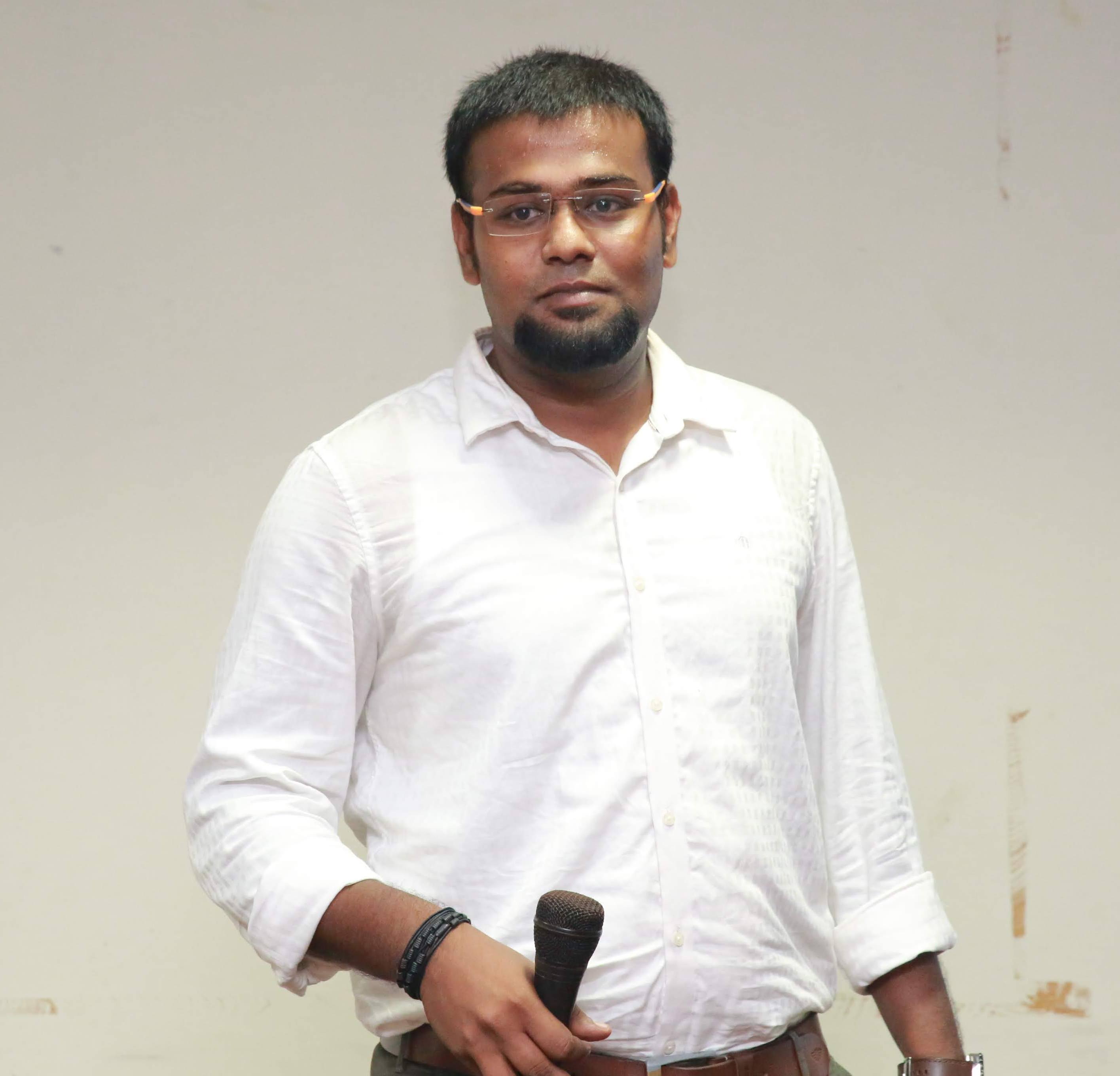Welcome & வணக்கம் & Ter-ve-tu-lo-a! 🌟
👨🏻💻 I’m a University Lecturer in the Department of Mechanical and Materials Engineering at the University of Turku, Finland, and part of the Digital Manufacturing and Surface Engineering (DMS) group.
🔬 Research Interests: Exploring process emissions in the form of photons and phonons during material transformations. This includes studying material transformations caused by surface contacts or laser-material interactions, focusing on uncovering the underlying physics driving these phenomena.
📚 Current Focus: Understanding laser-material interactions for process monitoring and process control. This involves sensorizing processes by measuring photons and phonons emitted during transformations and leveraging this data along with Machine Learning (ML) to enhance process automation and process quality.
📽️ Passion: Mentoring and guiding others in process monitoring of advanced manufacturing processes, additive manufacturing, Surface finishing, Tribological wear monitoring, and Academic research.
🌐 Global Collaborations: Worked with renowned institutions like EPFL, ETH Zurich, KU Leuven, A*Star, Fraunhofer ILT, AC²T, and industry leaders such as Rolls-Royce, SAESL, Bystronic, Synova, and Nestlé.

About Me
Vigneashwara Pandiyan is a University Lecturer in the Department of Mechanical and Materials Engineering at the Turun yliopisto-University of Turku, Finland. He earned his Ph.D. from Nanyang Technological University (NTU), Singapore, where he conducted pioneering research on modeling and in-situ monitoring of robotic abrasive belt grinding processes. His research focused on utilizing advanced sensor technologies and machine learning to optimize grinding performance and enhance precision manufacturing, in collaboration with the Rolls-Royce @ NTU Corporate Lab. This work contributed significantly to the understanding and automation of robotic grinding for aerospace components, including fan blades.
Dr. Pandiyan has held research positions at leading institutions such as Empa ETH – Swiss Federal Laboratories for Materials Science and Technology in Switzerland and A*Star – Agency for Science, Technology and Research in Singapore. At Empa, his research was centered on laser-material interactions in powder bed fusion and directed energy deposition processes, focusing on real-time monitoring and control of additive manufacturing (AM) systems. At A*Star, he contributed to the development of IIoT-based streaming analytics for industrial applications, addressing challenges in both precision manufacturing and fast-moving consumer goods (FMCG) industries.
His expertise spans a wide range of areas, including laser-material interactions, metal additive manufacturing, tribology, surface finishing, abrasive cutting, and smart manufacturing. Prior to joining the University of Turku, he served as a Senior Researcher in Additive Manufacturing - Digital Manufacturing at the Technology Innovation Institute (TII), Abu Dhabi. Dr. Pandiyan’s current research explores the physics of acoustic and optical emissions during material transformations and surface interactions. He investigates how photon and phonon emissions during processes such as laser-material interactions or contact-based transformations, using advanced sensing technologies to monitor these emissions. By combining this data with machine learning, he aims to enable real-time monitoring, anomaly detection, process control, and automation in modern manufacturing systems.
A passionate advocate for Industry 4.0, Dr. Pandiyan is committed to developing explainable AI models, building robust databases, and fostering a data-driven ecosystem to revolutionize smart manufacturing. His collaborations aim to bridge academic research with industrial applications, driving innovation and improving manufacturing efficiency. In addition to his research, Dr. Pandiyan is dedicated to teaching, mentoring, and guiding students and professionals in process monitoring, additive manufacturing, tribological wear, and academic research. He strives to inspire the next generation of engineers and researchers to contribute to cutting-edge advancements in machine learning-assisted manufacturing.
More to come as this exciting journey continues…
